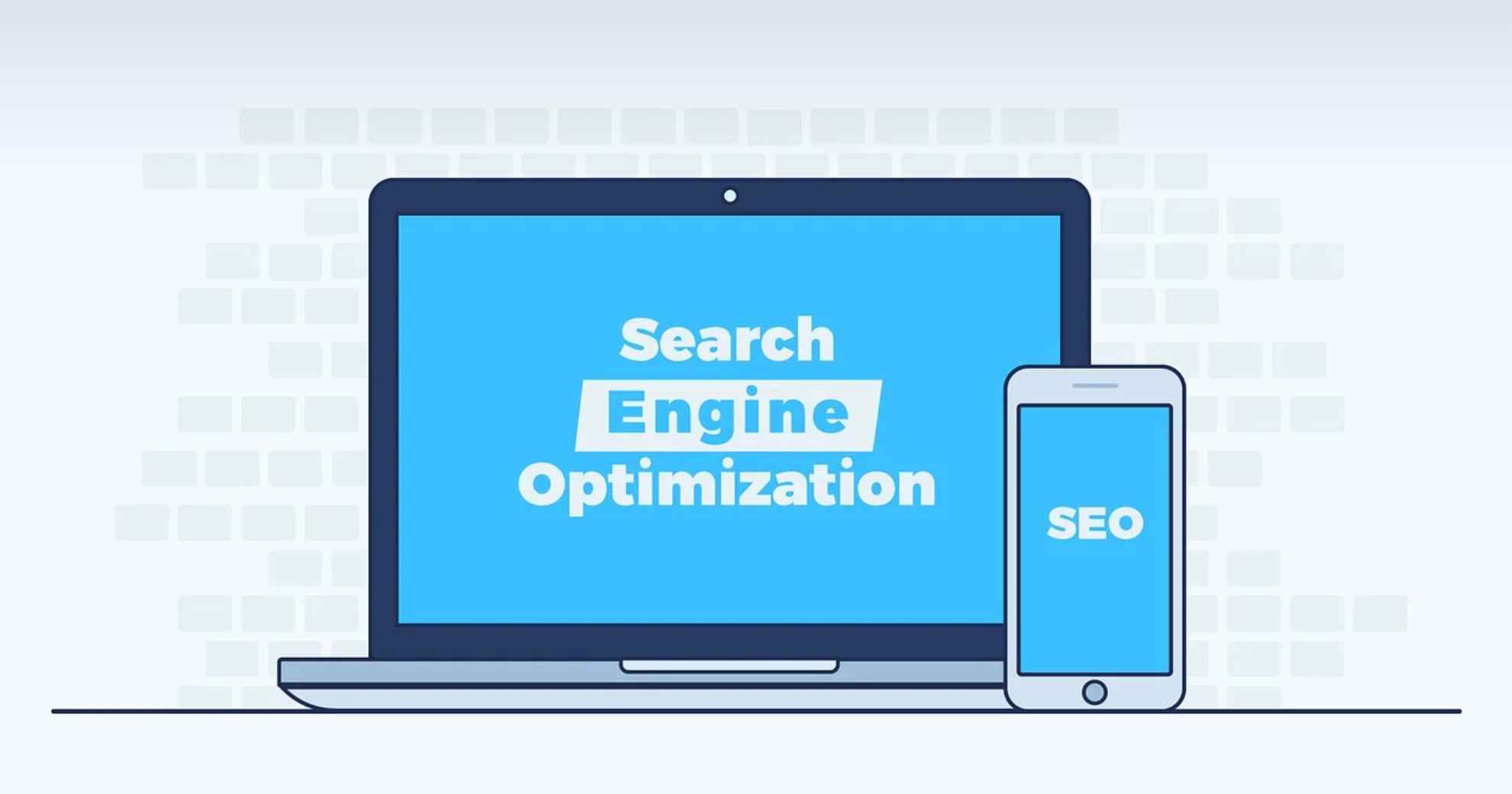The world of Google rankings can be complex sometimes. You might have found a brilliant online shop builder with solid products and a great team blazing a path to success, but that doesn’t mean you can rest on your laurels.
For those unaware, Google works through a series of algorithms that rank websites depending on the user’s intent – the websites that are most relevant to what the user is looking for will be the websites that rank highest.
But as we all know, there are a lot of websites on the internet – around 1.15 billion, to be exact. Not all of these websites will be offering different products or content.
Even if your online store feels innovative or your products feel unique, there are likely thousands of other websites that are offering something identical or at least very similar.
So Google’s algorithm can’t just look at relevance; it has to go beyond that. Unfortunately, for many companies, Google doesn’t reveal what factors are the most critical when it comes to their search algorithms, but a lot of research and testing has gone into working it out.
Right now, there are several practices that your company can carry out organically, helping to boost your online store’s Google ranking and keep you as “Google-friendly” as possible. Here are six of the best for you to consider:
Keeping Things Simple
Although it might seem basic, we cannot overemphasise how important SEO is for your website. Before you do anything, you need to understand where your website ranks in Google’s search results right now and use the relevant tools to define where it will rank depending on keywords.
Once you know what keywords are useful for your company, you can target them for each page of your website and move yourself higher up the rankings organically.
Being Mobile Friendly
When Google ranks websites, it does so through a Googlebot, which scans through each web page and ascertains its usability.

P.C: PIXABAY
There are two types of bots – a desktop crawler that simulates a desktop user and a mobile crawler that simulates a user on a smartphone. With this in mind, your mobile format needs to be just as accessible and secure as your desktop website.
Even if the majority of your users are going to interact with you from a desktop, 58% of Google searches are done through a smartphone, and your ranking will be affected by your mobile capabilities, which means just as much effort needs to go into optimising the website for smartphone use.
Trying To Be Concise
This might sound counter-intuitive, seeing as we’ve suggested you should create long-form, informative content, but more and more, Google is attempting to provide users with answers – rather than a long list of potential answers.
This is described by the term: “zero-click search”, which means users can attain the information on the results page of a search, without actually having to click on the website itself.
This isn’t so great for you, of course, as you want to drive website traffic and get people shopping on your online store. But if you are a source for Google to suggest an answer, then you’re going to rank higher, so it’s worth optimising your content to ensure this.
Conclusion
As we mentioned before, all of these tips might seem simple, but simple is what Google likes.
The last thing you want is to be penalized by trying to work past Google’s algorithms, and you need to work with them and keep the user in mind at all times.
These are organic, easy ways to climb the ladder and remain in Google’s good books, so get practicing!



